This article is proudly sponsored by ProGuides.
ProGuides promises to take your game to the next level by offering personal, intensive one-on-one coaching in games like Overwatch, League of Legends, and Magic: The Gathering from high-profile names that include Sean “Day9” Plott, Leonardo “MKLeo” Lopez Perez, and Oleksandr “s1mple” Kostyliev. An account costs only $7.99 a month and offers access to over 50 courses.
Dot Esports talked with Andres Zamora, a former League of Legends pro and an esports coach employed by ProGuides. We asked him some questions about how he got into the teaching business, the things that separate a great guide from a good guide, and the differences between coaching a beginner and a professional.
First things first, tell me about your background and how you first got into coaching.
Zamora: I’ve been a gamer since I was a child and loved playing video games. I started playing League of Legends about eight years ago with some friends and became very good at the game fast. When I was playing solo queue at a high ELO, random players would add me and ask if I can help or teach them how to play the champion they saw me play in a certain game. At the time I was just focused on grinding and getting better but these players that would add me would offer me money for my time in teaching them and it started to become a hobby for me. I always remembered how hard the game was when I first started playing and if I had help from someone good at the game when I was new, I would have loved it. Now I’m able to help others and it feels good being able to do that, especially in a game I love so much.
Were you always interested in coaching? Did the idea of taking a backseat from the competitive grind itself to help other people intrigue you? If so, what about that was exciting?
I wasn’t always interested in coaching at first, I wanted to be a pro player but then had an opportunity to make my own esports team and I coached them into qualifying for an official Riot Games tournament. Helping young players become professional players to live their dream became a reality for me and they sort of reminded me of myself when I played competitions back in my days. I think that’s what intrigued me and made my early coaching days exciting. Everyone, no matter what sport or game you take up, starts out as a beginner, so to be able to help guide and coach someone into becoming a better player is a wonderful feeling.
How does someone know they’re good enough at a game to transition into coaching? Is it just a “feel” thing or do you think there’s a specific checklist?
Once you’ve played the game enough and have played all positions at a high level it becomes easy to teach players new or advanced how to play better. I personally play all positions and champions which makes me super flexible when it comes to helping anyone that wants to improve. I think it can be a feel thing if it’s something that interests you but I definitely feel like the checklist would consist of knowing the ins and outs of the game, also studying the game to be able to pass that knowledge on to other players.
I imagine you end up coaching a variety of different people with a variety of different skill sets. How do you make sure you’re able to tune your coaching skills to address both intermediate and advanced players?
It’s always important to know the basics in the game and most intermediate players don’t have those down yet. Reminding them of simple things about the game helps them avoid making mistakes and gets rid of bad habits. Advanced players are better about the basics and mechanics of the game, but have a problem admitting their errors and looking for solutions to fix them. Once you work with both types of players, it’s easy to help them realize the mistakes they are making and gives them the confidence they need to become better. Most players already have the skill in them, but need help unlocking that confidence.
What do you think is the biggest mistake that other coaches make?
The importance of coaching, in my opinion, is to be direct with the student with the good or bad things they do, but also make them feel comfortable while working together and most importantly have fun during the learning process. The great thing about ProGuides coaching is it not only allows tutors like myself to teach others how to be better players but also lets us learn more about how to improve our abilities and skillsets as an expert in our field. This makes for a constantly growing, positive relationship between our students and coaches.
Esports, unlike say basketball or football, is extremely cerebral. Yes, there’s plenty of technical advice you can give someone about their play, but I’d imagine you have to focus a lot more on what’s going on inside someone’s head, rather than their footwork, when you’re coaching them. What’s that like?
Most players don’t realize that League can be a mental game as well. If you start to lose most players would feel “tilted” and start to give up even though the game isn’t over yet. Teammates can also be frustrating to work with in the game too because of things they say during the game, which can have a negative impact on most players. My advice to them is to only worry about the things they can control in the game and not really worry about what’s out of their control and just try to do the best they can to win. ProGuides coaches will not only help you improve your physical skills, but we’ll also focus on keeping you mentally sharp as well.
Lastly, I’m sure there are plenty of aspiring pros, or people who just take their games seriously, who probably don’t think they need coaching. What would you say to someone like that to convince them that coaching can have a significant impact on their game?
I think every player can always improve on something. If you think you are the best at everything there’s always another player who’s working harder or practicing more than you to be better. Once players realize they could use some help to get better, they would be surprised at how much they can learn and improve just by listening to someone trying to coach them. Even pro players work with coaches on pro teams, which means nobody is perfect enough to say they don’t need to be coached.



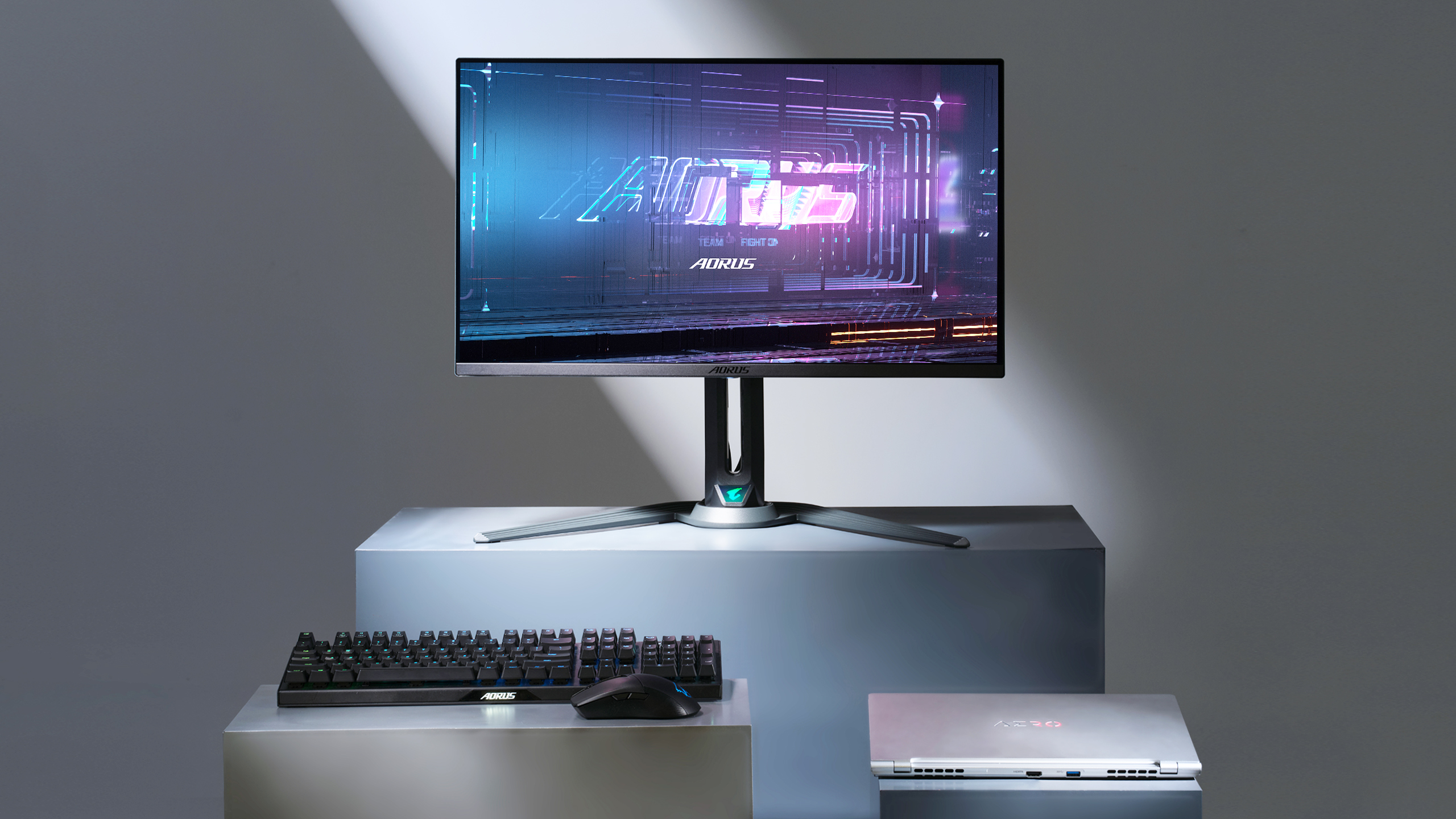
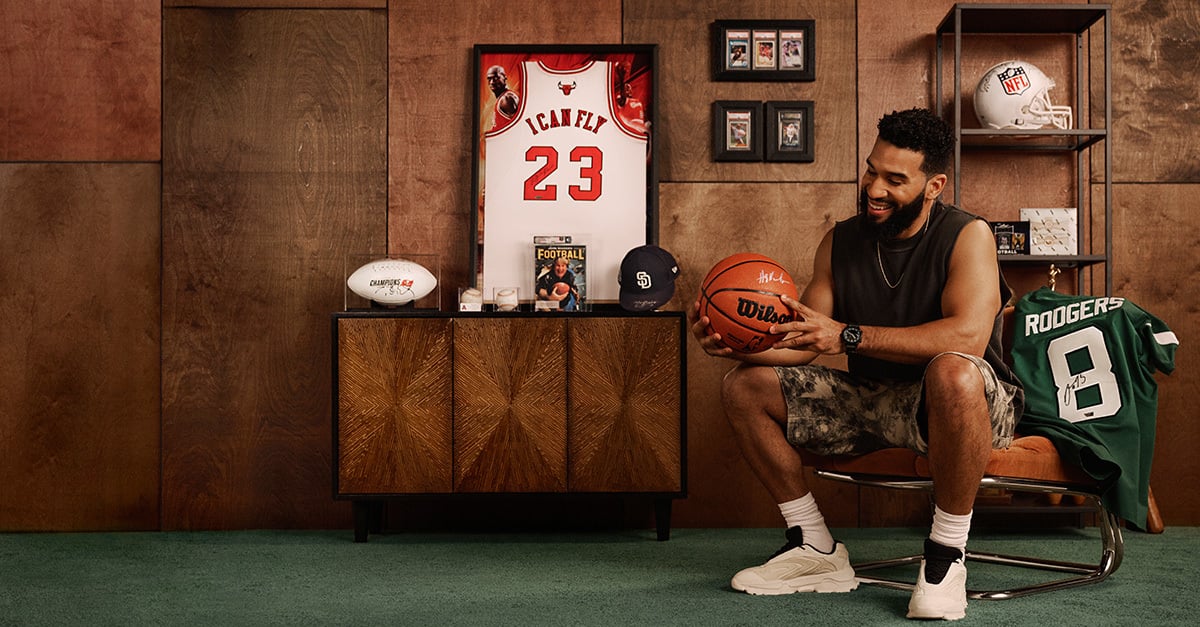
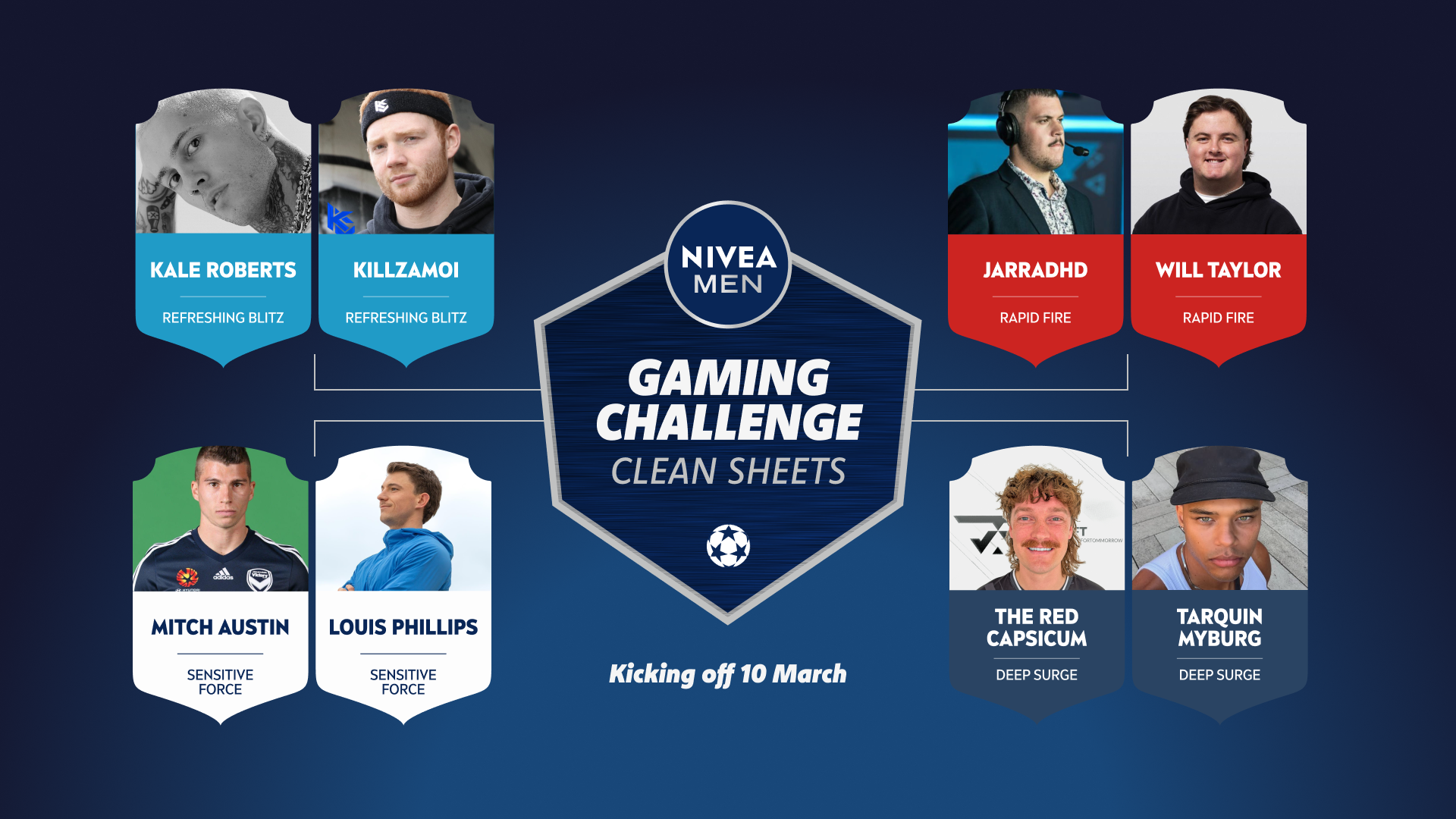
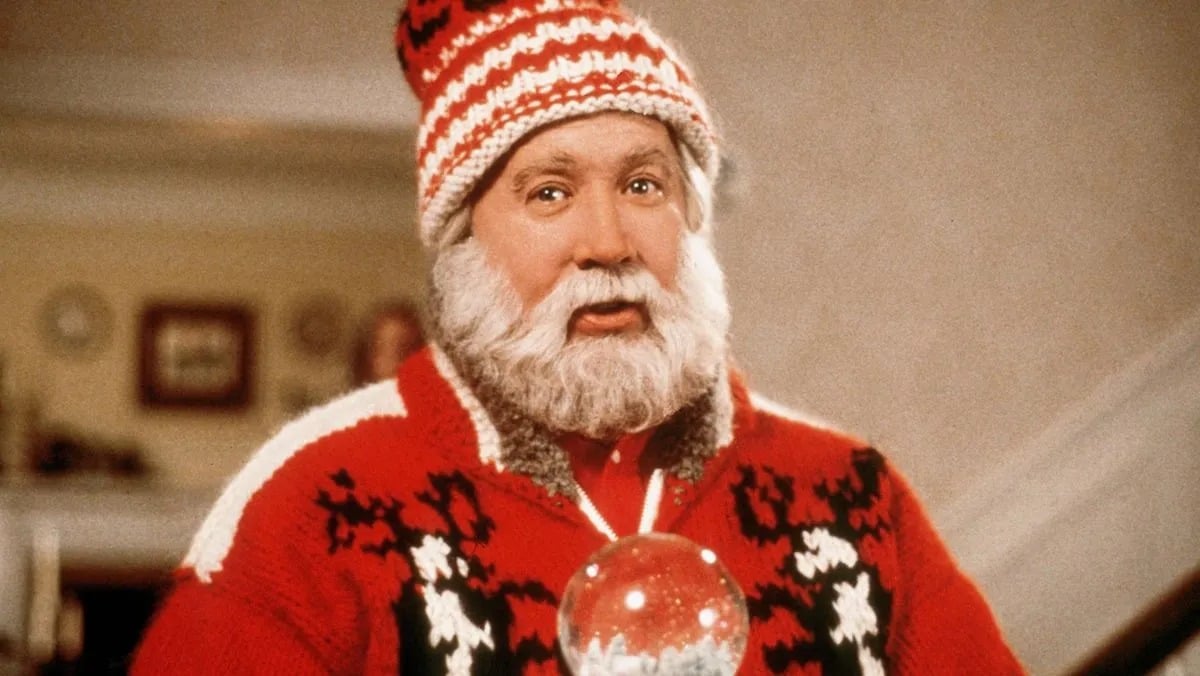



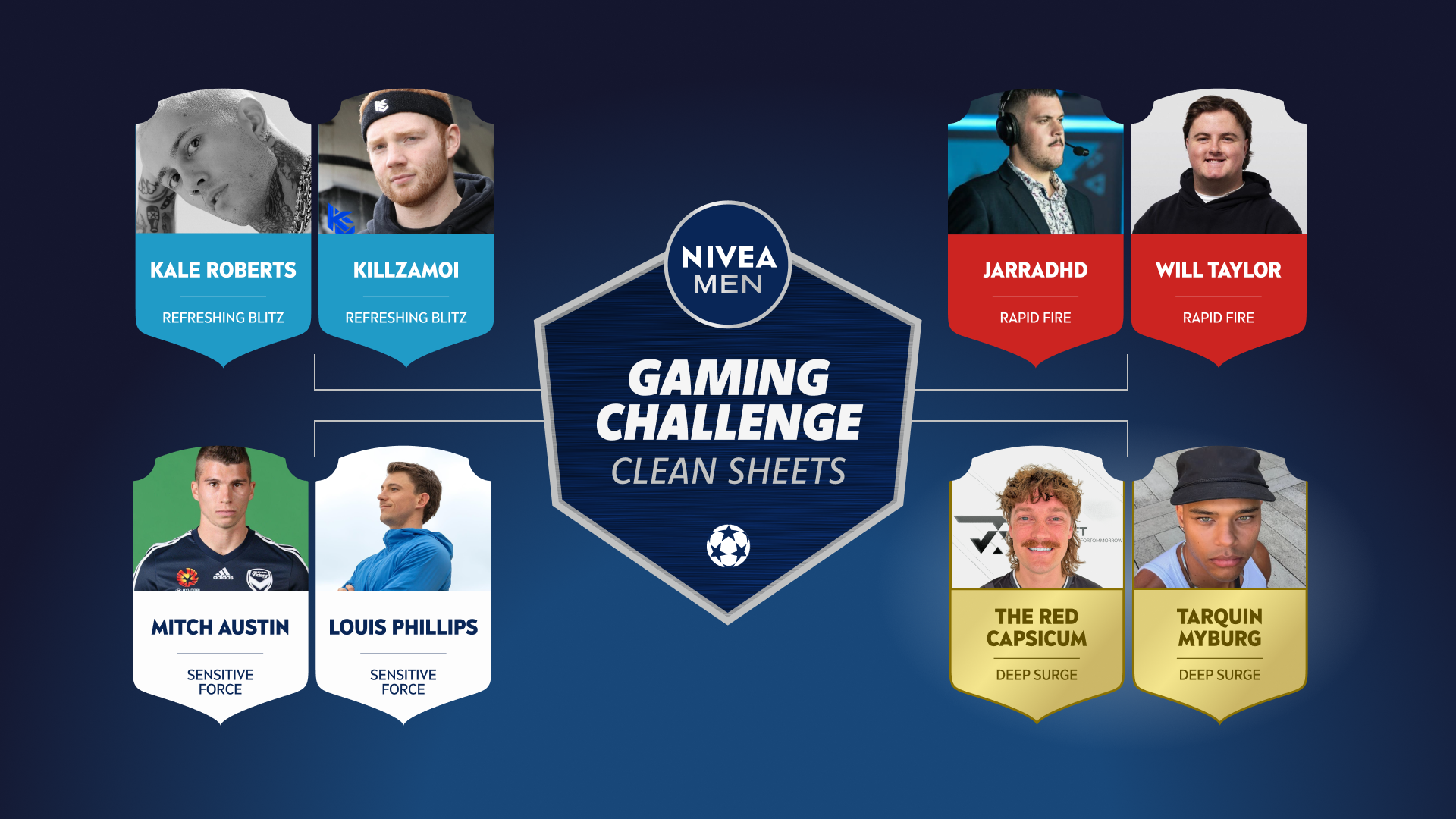

Published: Jan 16, 2020 05:12 pm